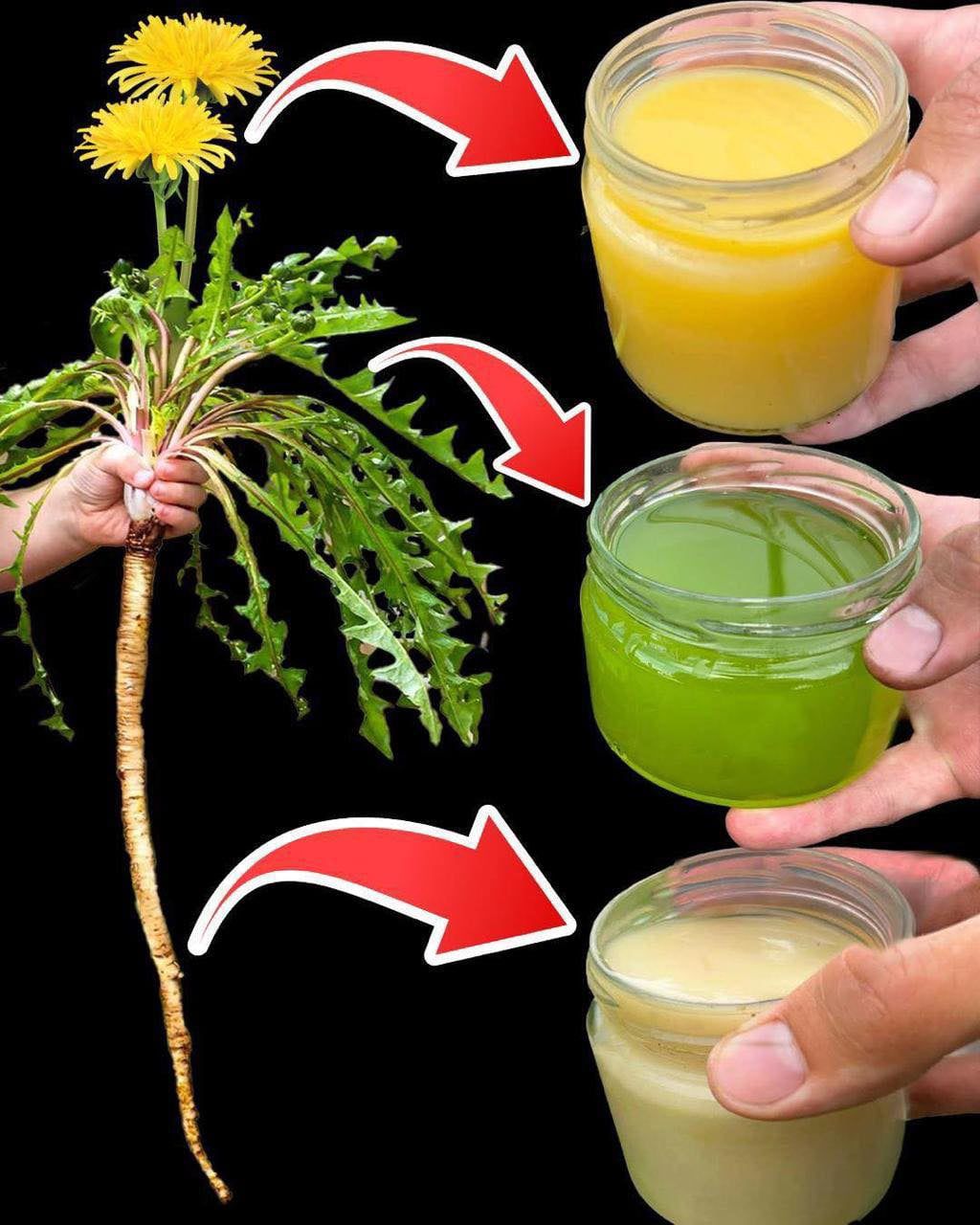ADVERTISEMENT
Dandelions, often dismissed as nothing more than a pesky weed, have been an integral part of human life for centuries. While many people associate dandelions with overgrown lawns and gardens, few realize that this vibrant yellow flower is one of nature’s most potent and versatile plants. From its roots to its petals, dandelions possess a variety of health benefits and applications that are not only beneficial to humans but to the environment as well. This article will explore the hidden power of the dandelion, uncovering its many uses in medicine, culinary arts, gardening, and beyond.
Dandelion: An Ancient Healer
For thousands of years, dandelions have been used in traditional medicine, particularly in Asian, European, and Native American cultures. The plant is known for its ability to treat a wide range of ailments due to its rich nutrient profile and medicinal properties. Historically, people harvested dandelions for their healing benefits before they were overshadowed by more commercialized plants and herbs. Today, however, people are rediscovering the plant’s importance and harnessing its potential once again.
The Nutritional Profile of Dandelions
Dandelions are a powerhouse of nutrients, and their edible parts – from the leaves to the root to the flower – are packed with vitamins, minerals, and antioxidants. Here’s a breakdown of what makes dandelions so valuable nutritionally:
Vitamins and Minerals: Dandelions are high in vitamins A, C, and K, as well as several B vitamins, including folate. The plant is also an excellent source of essential minerals such as calcium, iron, magnesium, and potassium.
Antioxidants: Dandelions contain a number of antioxidants, including flavonoids and polyphenols, which help neutralize free radicals in the body and reduce oxidative stress. This makes the plant an excellent ally in preventing chronic diseases such as cancer and heart disease.
Fiber: The roots and leaves of the dandelion are rich in fiber, promoting digestive health and aiding in the elimination of toxins from the body.
Choline: The dandelion leaf contains choline, a nutrient that plays a critical role in liver function, brain development, and muscle movement.
Medicinal Uses of Dandelions
Dandelions are renowned for their numerous health benefits, which have been widely acknowledged in herbal medicine. From detoxification to supporting digestive health, dandelions offer a variety of healing properties.
1. Liver Detox and Support
Dandelion roots have long been celebrated for their detoxifying abilities. They are believed to promote the production of bile in the liver, which helps break down fats and eliminate toxins from the body. By stimulating liver function, dandelions can assist with liver cleansing, improve digestion, and boost overall health.
Dandelion root tea is often used to treat liver congestion, gallbladder issues, and fatty liver disease. It is thought to support the liver’s ability to remove harmful toxins, thereby improving its efficiency.
2. Digestion and Gut Health
Dandelions have been traditionally used to improve digestion and treat digestive ailments such as indigestion, bloating, and constipation. Dandelion leaves and roots are rich in inulin, a type of prebiotic fiber that promotes the growth of beneficial gut bacteria.
Dandelions stimulate the production of gastric juices, which are necessary for breaking down food and absorbing nutrients. As a result, they can help improve appetite and promote better digestion.
Dandelion root tea can act as a mild laxative, making it useful for individuals who suffer from constipation or sluggish bowel movements. It helps encourage healthy elimination while maintaining gut health.
3. Anti-inflammatory and Pain Relief
Dandelions contain compounds such as taraxasterol and flavonoids that possess anti-inflammatory and analgesic properties. These compounds can help alleviate pain and reduce inflammation, making dandelion a valuable natural remedy for conditions such as arthritis, gout, and muscle aches.
Dandelion root extract has been shown to have anti-inflammatory effects and may help reduce swelling and discomfort in joints and tissues.
4. Diuretic Effects
Dandelion has long been used as a natural diuretic. It helps increase the frequency of urination, thereby promoting the excretion of excess fluids and toxins from the body. This diuretic effect makes dandelion a helpful herb for those dealing with water retention or high blood pressure.
Unlike pharmaceutical diuretics, dandelion is rich in potassium, which helps replenish electrolytes that may be lost during increased urination.
5. Immune Boosting
Dandelions contain several compounds that can help strengthen the immune system. Rich in vitamin C and antioxidants, they help protect against pathogens and reduce oxidative damage to cells. Regular consumption of dandelion can contribute to a stronger immune defense, making it a useful herb during flu and cold season.
Dandelion tea is a natural way to fight infections and support overall immune health due to its ability to increase white blood cell production and combat harmful bacteria.
Culinary Uses of Dandelion
While dandelions may be more commonly known for their medicinal applications, they also offer culinary delights. All parts of the plant are edible, and their mild, slightly bitter flavor adds depth to various dishes.
1. Dandelion Greens
Dandelion leaves are the most commonly used part of the plant in cooking. They can be added to salads, soups, or sautéed as a side dish. The flavor is similar to that of arugula or mustard greens, providing a zesty, slightly bitter note.
Read more on next page
ADVERTISEMENT
